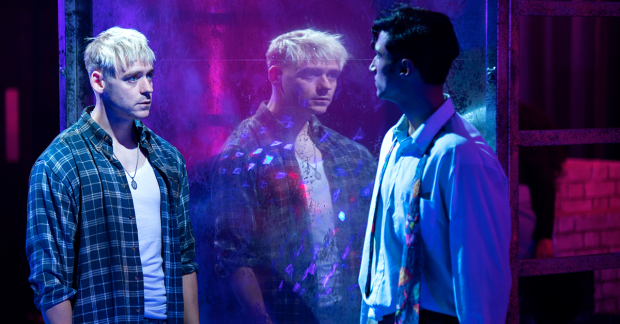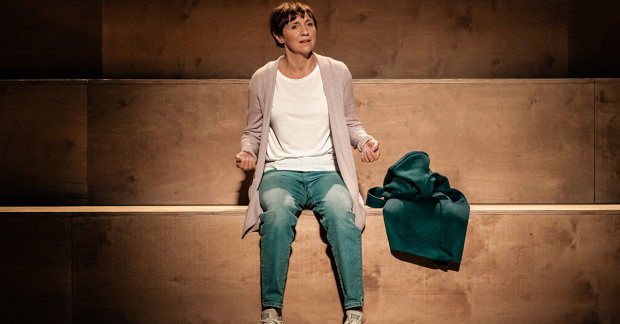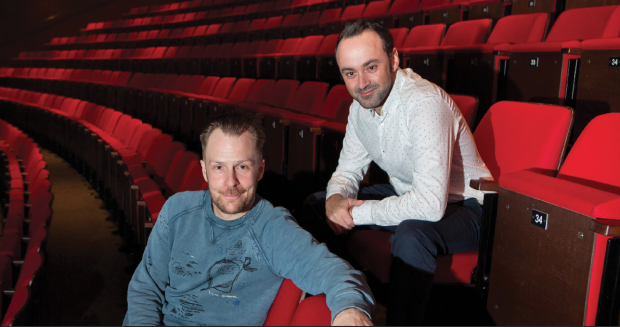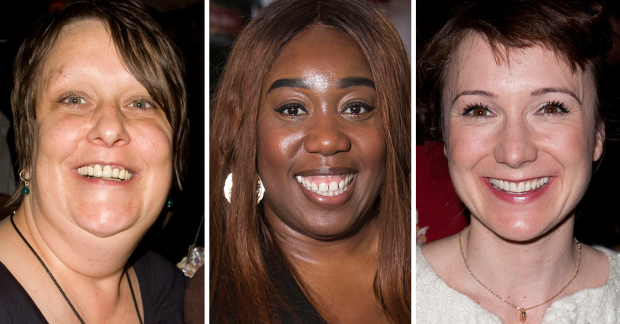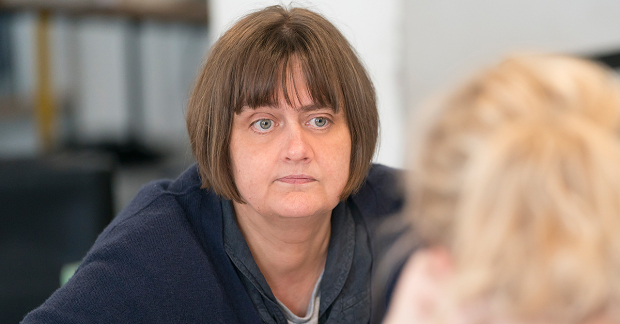Regional theatre is the lifeblood of the drama scene in this country
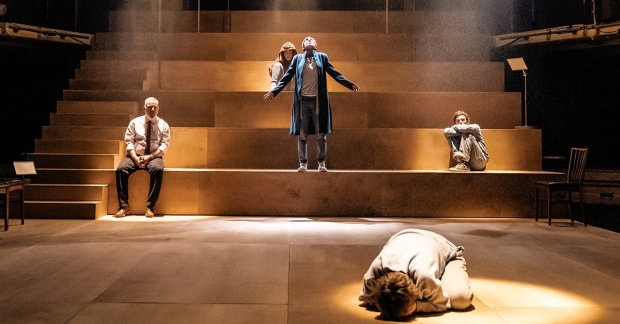
© Manuel Harlan
Regional theatre is a term with a lot of connotations, especially in a world where press and audience attention is predominantly given to London and the West End. As Curve Leicester's executive team – Chris Stafford and Nikolai Foster – guest edit WhatsOnStage for a week, we ask WOS's Manchester-born writer Oliver Ainley to reflect on his time growing up with the Royal Exchange and how it has cultivated a love for theatre across the UK.
I would like to say I can vividly remember the first time I went to the theatre, but this wouldn't be entirely truthful. My mum, on the other hand, is able to recall the experience perfectly – I was at Manchester's Royal Exchange with her and my younger brother over the festive period to watch a production of Dracula – I must have been about six years old. Our seats were high up in the second gallery and my main memory is gripping the rail tightly as I looked down at the stage. It seemed a very long way to fall. My brother started crying during the play because he was so frightened and a lady in the crowd chastised my mum, saying she was irresponsible for bringing such young children to watch a terrifying show.
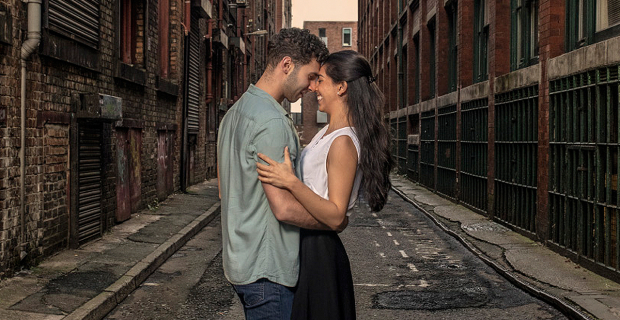
In spite of that slightly traumatic experience, it is a place we have returned to many times over the years. As we have all grown older and despite the fact we do not live together anymore, the three of us make time to watch new productions as a family and the sensation I have in that theatre has never gone away. It is the reason I find myself walking through the venue even when there is nothing on, just to look up at the stained glass windows and domed ceiling, imagining what it must be like to work in a building that beautiful. It is the reason I find myself coming back up to Manchester on a weekend to watch Light Falls with my brother, and then heading for a drink afterwards to chat about what we have seen, along with our hopes for the football tomorrow.
This is a place that means a great deal for me personally, a place where a love for English and reading was extended into a love for drama. My secondary school used to run the odd trip to the Exchange once a year for some of the English students who were interested in watching live theatre. For a fiver, I was able to go and see plays like Saturday Night and Sunday Morning, Orpheus Descending and Doctor Faustus. I was blissfully unaware at the time just how important these experiences would be but looking back, I realise they gave me something precious in my life – they nurtured in me a love for drama and for that theatre in particular.
"Because the theatre's space is such a pressure cooker and gladiatorial, we go through the experience with the actors. I think everything in that unique space becomes about human beings. It's not about the design, light or sound; it is about what one person is doing to another person." Not my words but those of Sarah Frankcom, the recently departed artistic director and someone who knows more than most about the impact the Exchange can have on audiences.
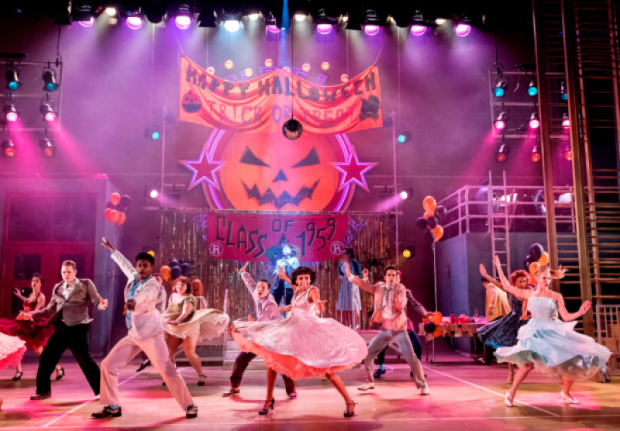
© Manuel Harlan
London will always be a locus for artistic work created in this country but that does not mean world-class theatre is not developed in other regions – 45 per cent of ticket sales that WhatsOnStage are able to track in 2019 so far have been for theatre outside of London. Whether it is the Exchange in Manchester or the Curve in Leicester, regional theatre is the lifeblood of the scene in this country, providing a space for actors, directors and everyone in-between to master their craft in the heart of their community. I feel exceptionally lucky to call Manchester my home and to have had the Royal Exchange at the centre of my cultural experiences.



